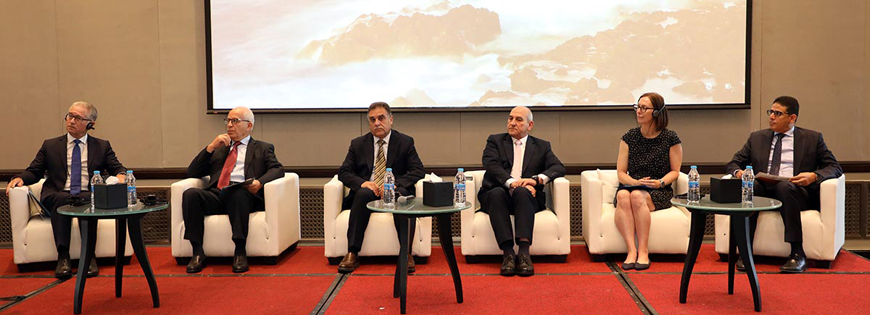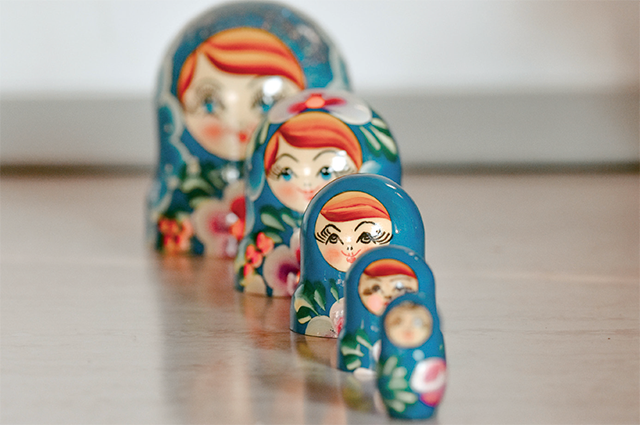You are here
‘Birth rate has dropped significantly since 1990’
By JT - Jul 16,2018 - Last updated at Jul 16,2018
AMMAN — The average birth rate per woman in Jordan dropped from 5.6 births in 1990 to 2.7 in 2018, the Department of Statistics' (DoS) 2017-2018 health and population survey showed.
In a statement published on Monday, DoS indicated that the rate increased from 3.7 in 2002 to 3.5 in 2012 for each woman aged between 15 and 45 years old.
According to the 2015 national census figures, the average Jordanian family comprises 4.8 members.
In terms of geographical distribution, the birth rate in rural areas reached 3.1 per woman, compared with 2.7 in urban regions in the census year, the latest survey indicated.
Mafraq, 80km northeast of Amman, recorded the highest birth rate with 4.1 children per woman, while the lowest birth rate was recorded during 2017-2018 in Amman and Karak, standing at 2.3 per woman, the statement said.
Regarding nationalities, Syrian women give birth to 4.7 children on average, compared with 2.6 for Jordanian women and 1.9 for other nationalities.
As for birth by teenagers between 15 and 19 years old, the results showed that 5 per cent of these young women gave birth at least twice, 3 per cent already had one child and 2 per cent were pregnant for the first time during the implementation of the survey.
Mafraq also topped the Kingdom's governorates in the number of children by teenage mothers, which reached 13 per cent, while Syrian women recorded the highest rate of teen births (28 per cent) compared to Jordanians and other nationalities.
The mortality rate of children below five amounted to 19 for every 1,000 children during the five years that preceded the survey, most of which occurred during the first year, the statement showed.
The figure is way below the international rate. According to UNICEF, the global under-five mortality rate dropped from 93 deaths per 1,000 live births in 1990 to 41 in 2016.
The DoS’ data indicated that 98 per cent of pregnant women received healthcare from a doctor, nurse or midwife during 2013-2017 and that 86 per cent of children between 12 and 32 months old received basic vaccinations.
The survey is the seventh on demographics and health implemented in the Kingdom. It aimed to collect data on birth and death rates, family planning, and the health and nutrition of mothers and children in urban and rural areas, according to the statement, which noted that more detailed statistics will be published in 2019.
Related Articles
AMMAN — The birth rate in Jordan stands at 2.9 children per woman, according to the 2017/2018 population and family health survey conducted
AMMAN — The average family size in Jordan is 4.8 members, with 15 per cent of households headed by women, and one-third of family members ar
AMMAN — The birth rate for women in Jordan for 2023 reached 2.6 children for every woman in the reproductive age, with rural areas recording


















